My very first challenge was simply surviving birth. I was born with the umbilical cord wrapped around my neck, minutes from death. A doctor blindly reached in and cut the cord, and I was left with a small scar on my chest and a fierce will to live. That drive has never left me. I didn’t just survive, I grew into someone who didn’t fit in. At six feet tall in the 1980s, I was considered too tall for the modelling industry. The clothes didn’t fit me. I was often described as “striking” or “Amazonian”—code for not quite right. I was even asked if I’d get a nose job. But I refused to change who I was to make others comfortable.
Eventually, I was offered a six-month contract with Bloomingdale’s, where I met Zandra Rhodes and Thierry Mugler. They saw what others missed. I joined Mugler’s original runway team and became Zandra’s muse for 18 years. I travelled the world, walked iconic catwalks, and lived the dreams I was once told I was “too much” for. Those early experiences taught me that the very things others try to shrink in you are often your greatest assets.
Being a Disruptor means refusing to contort yourself to fit outdated systems. It means embodying your difference, not apologising for it and using your voice in spaces that were never designed to hear it.
The real transformation began when I stopped waiting to be chosen and chose myself instead. For years, my life looked successful from the outside, but I was still playing out childhood patterns: people-pleasing, over-functioning, performing for love. The turning point came after I divorced my husband of 16 years. In therapy, I realised he had a narcissistic personality and that I had married a version of my father. That insight cracked everything open. I saw the thread connecting my upbringing, my relationships, and my emotional exhaustion. That moment marked the beginning of my healing.
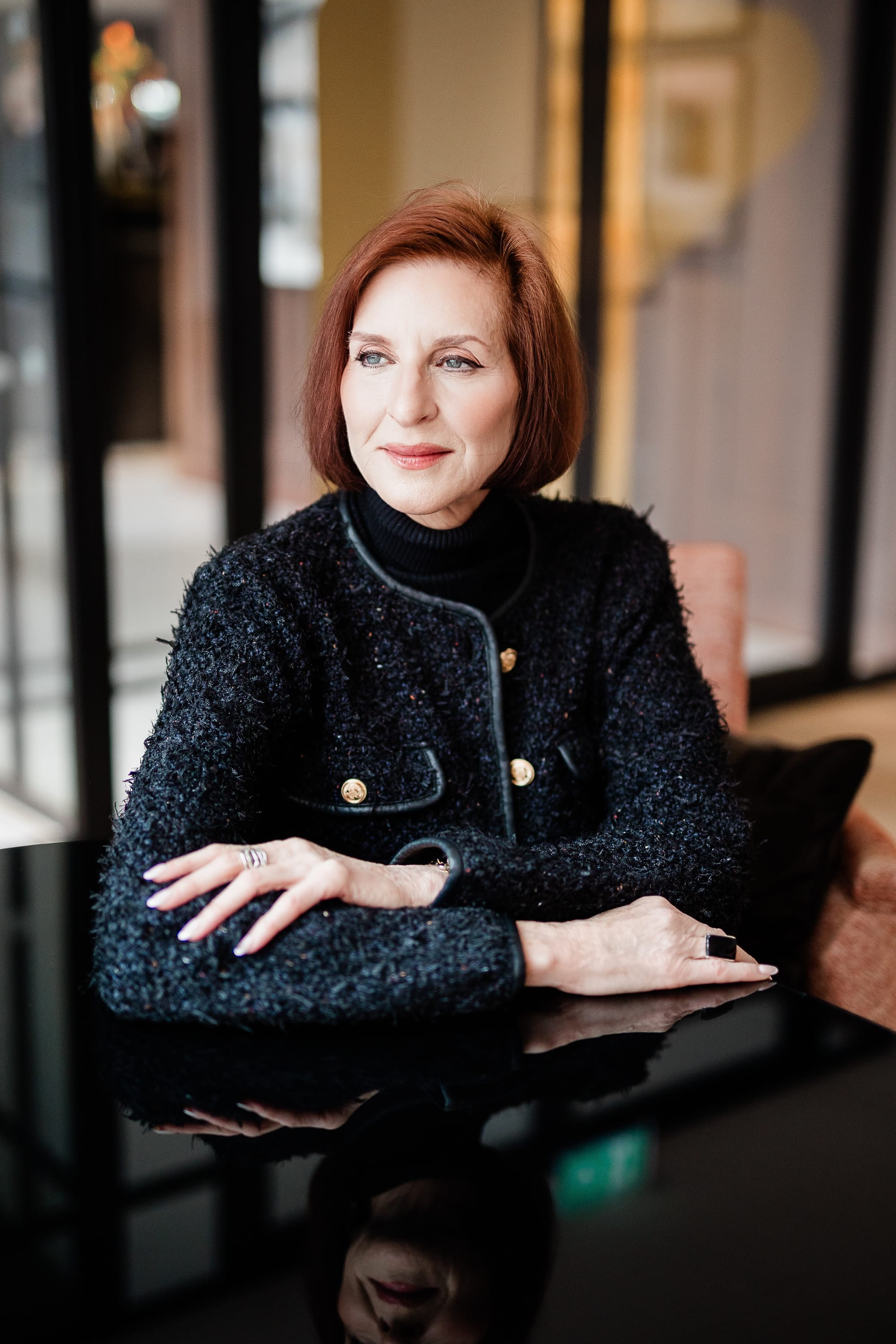
I pivoted completely, training as a trauma-informed therapist with another Disruptor, Dr Gabor Maté, and immersing myself in the work of healing developmental trauma, emotional neglect, and narcissistic abuse. But I didn’t want to keep this work behind closed doors. I started sharing content online, raw, real, and accessible. I created courses, led workshops, appeared on podcasts, and shared thousands of videos on Instagram to help others spot narcissistic abuse and begin their own healing journey.
What helped me most was realising that my challenges weren’t personal failures, they were survival responses. Once I stopped blaming myself and started telling the truth, the shame lifted. A new path emerged. Not just for me, but for the thousands of people now connecting with my work. This is what it means to be a Disruptor: turning pain into purpose, using your voice, and lighting the way for others.
The most important lesson I’ve learned is this: true disruption isn’t about being louder, it’s about being honest. Especially when the truth is uncomfortable or goes against what’s socially acceptable. For years, I played by the rules. I performed in relationships, careers, and family systems that didn’t see the real me. But once I chose myself, I saw how other people were silently doing the same—exhausted, disconnected, and wondering what was wrong with them.
Challenging the status quo meant naming narcissistic abuse when others wouldn’t. It meant rejecting the outdated idea that being a “good woman” means being agreeable and self-sacrificing. It meant no longer asking for permission to speak, create, or lead. I tell the truth about trauma. I don’t sugar-coat it or dilute it to fit a trend. I create spaces where people, especially women, can see themselves clearly, often for the first time. I remind them that their symptoms are signals, not flaws and that their sensitivity is not a weakness, but a strength.
One of the biggest barriers I’ve faced is the expectation to perform rather than feel, to fit into roles that reward silence, perfectionism, and emotional self-abandonment. This keeps so many people, especially women, stuck in cycles of burnout and people-pleasing. To break those barriers, we need to stop pathologising trauma and start understanding it.
Developmental trauma, emotional neglect, and narcissistic abuse are often invisible—but they shape everything: our identity, our relationships, our capacity to thrive. We need trauma literacy across all sectors, not just in therapy. We need to recognise that chronic anxiety, overachievement, or emotional numbness are often signs of survival, not signs of failure.

We also need to stop expecting quick fixes. Real healing is non-linear and deeply personal. That means investing in long-term, body-based, trauma-informed approaches that actually support nervous system regulation. Finally, we need more truth-tellers. More people who speak from experience, not just theory. That’s why I continue to share my story. When people see someone who has survived and healed, it permits them to believe they can too.
One of the milestones I’m most proud of is choosing myself after years of waiting to be chosen by the fashion industry, my partner, or my family. That choice changed everything. It led me into deep healing and the work I do now. Another defining moment was starting to share my story online. What began as a few Instagram posts has grown into thousands of videos watched by millions.
Michele Paradise is a trauma-informed therapist, speaker, and coach with over 20 years of experience helping individuals heal from narcissistic abuse, people-pleasing, and childhood trauma. Trained by renowned experts such as Dr. Gabor Maté and Dr. Richard Schwartz, Michele integrates cutting-edge methodologies like Compassionate Inquiry, Internal Family Systems (IFS) and Neuro-Linguistic Programming (NLP) to offer transformative healing experiences.
Michele’s unique approach is deeply rooted in her personal journey as a survivor of narcissistic abuse, allowing her to connect with audiences on both an emotional and practical level. She has served as a personal development coach on Dr. Deepak Chopra’s Jiyo platform, and frequently shares her insights through workshops, social media, and one-on-one coaching. Passionate about helping people reclaim their sense of self-worth and build healthier relationships, Michele brings a wealth of knowledge and empathy to her speaking engagements.

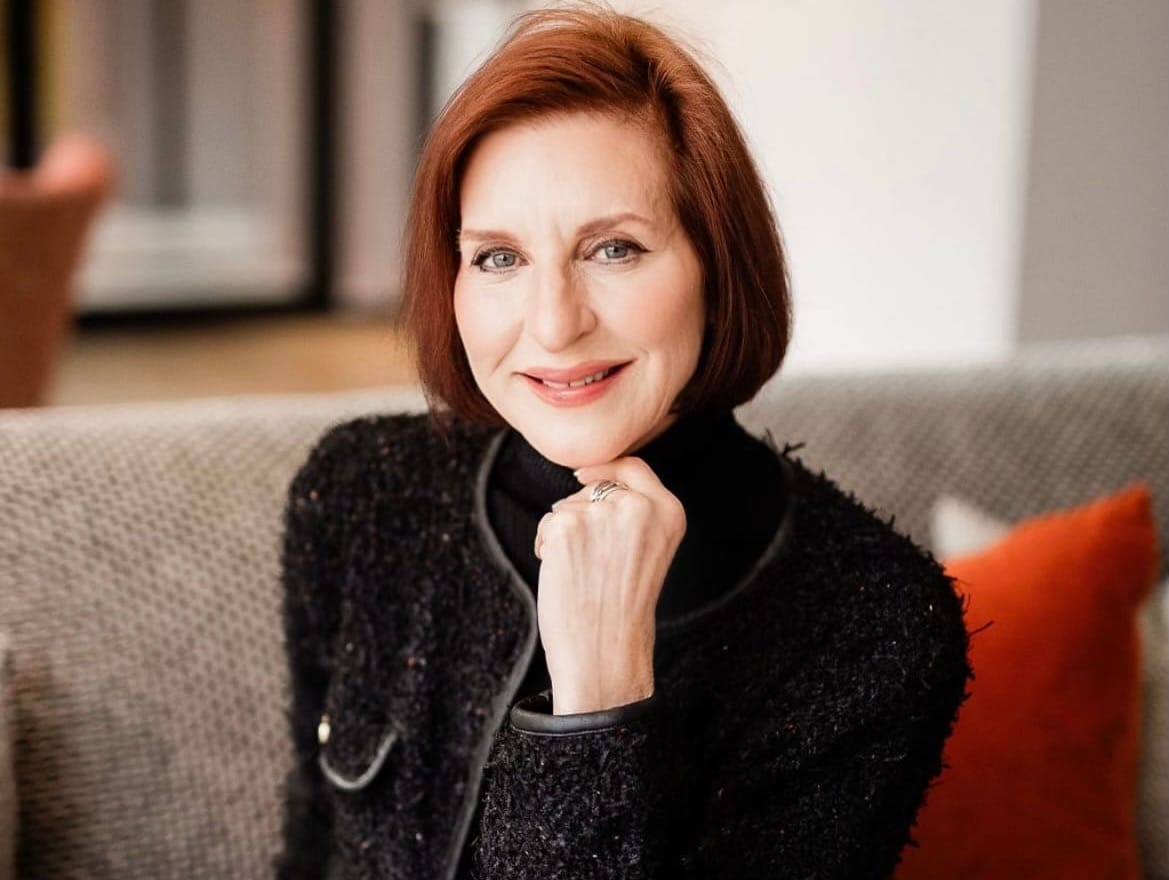
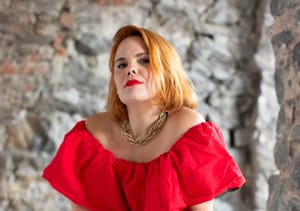
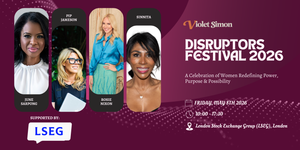
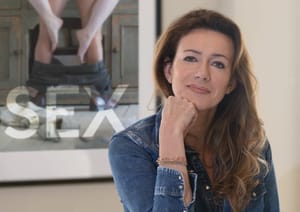




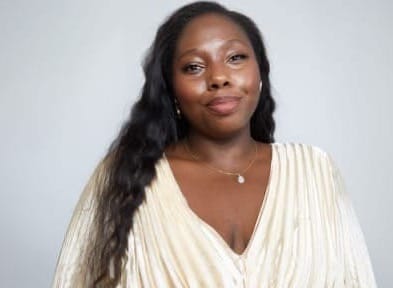
Member discussion